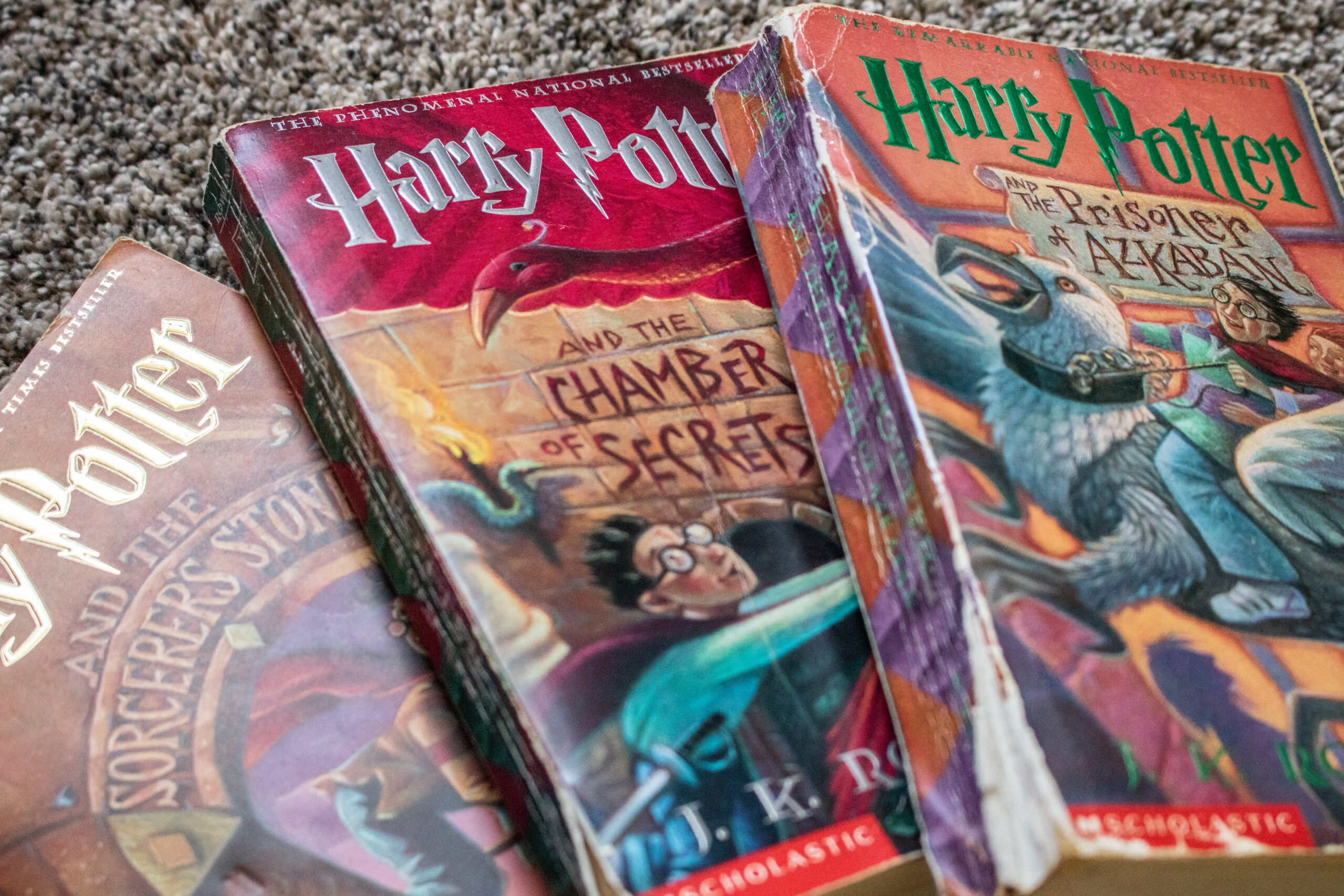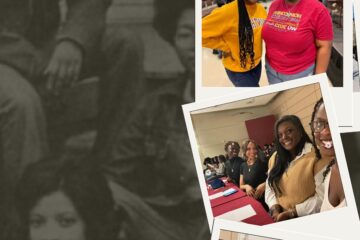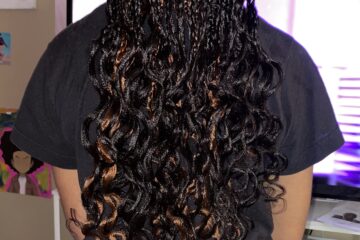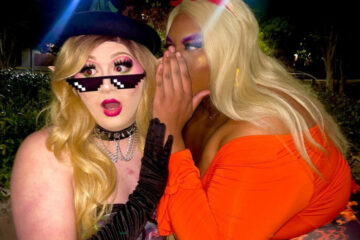When someone falls in love with a book series, it is very common that they will also fall in love with the author that wrote them. How would it feel if someone found out their favorite author was against them? J.K. Rowling, known for writing the Harry Potter book series, has recently received some backlash for making comments against transgender and non-binary individuals.
Her comments have upset many, even those who are not necessarily fans of Harry Potter. Even the actors and actresses who play the characters that Rowling created in their movie adaptations, such as Daniel Radcliffe who played the titular character, have turned against the author.
Rowling is also receiving backlash because of her new book that was released in September. This book is a part of a series that Rowling wrote under the pseudonym Robert Galbraith and features a character that identifies as a cisgender male. The character dresses up as a woman to kill women, which is being interpreted as a jab at transgender individuals.
What kind of effects do these comments and actions have on members of the LGBTQ+ community, especially transgender and non-binary members?
A writing professor at Winthrop, Eliza Wilcox said“As someone who grew up really loving the ideas in Harry Potter that championed doing the right thing and uprooting prejudice, it’s been hurtful and disappointing to read transphobic comments from Rowling.”
“I think that her choice to depict a cisgender male character as one who uses feminine clothing to purport murder will have damaging consequences to the LGBTQ+ community, and Rowling will have to live with those consequences,” she said.
“I would hope that someone like Rowling, who originally set out to write a book series geared towards uprooting prejudice, will see how her opinions could harm her LGBTQ+ readers, especially when she’s made efforts in the past to attempt LGBTQ+ representation, albeit not very explicit representation, in her characters,” Wilcox said.
Alex Wright, a freshman chemistry major who identifies as transgender, said, “It’s just gross that someone with such a great platform would spread misinformation and hate.”
“I think everyone should be accepting of the LGBTQ+ community, no matter what their role is but people with large platforms should be openly accepting of minorities,” Wright said.
Orin Constantino, a freshman graphic design major, said that Rowling’s words, overall, made them uncomfortable.
“While I was reading through articles of her comments I felt incensed and demoralized,” Constantino said. “Especially when she got into the ‘bathroom wars.’ I just want to use the bathroom in peace, and trust me I am already uncomfortable as someone with no definable gender using public restrooms. This idea that we are predatory is harmful to my community, we just want to be comfortable in our skin wherever we are.”
Constantino feels similarly about Rowling’s latest book.
“I did not know that she did this, but this plays off the fear that trans women are predators looking to take advantage of other women,” they said. “It’s detrimental to the progression of the rights and respect of trans people, especially trans women. It is for this reason that I wholeheartedly believe she meant it to be harmful and wrote it from her own personal opinions.”
“I would love some representation that isn’t stereotypical or depicts us as something that is bad/diseased/broken,” Constantino said. “It’s not a bad idea for LGBTQ+ characters to be normalized within literature. Who knows, it might end up helping younger generations realize their identity is okay, and that they are worth being loved.”
Recently, the UK and Irish Publishing Company wrote a letter that their company supports transgender and non-binary individuals. This letter has since been signed by over 1,500 authors, poets and other celebrities. People who have signed include Juno Dawson, author of “This Book is Gay”; “broadway actress Carrie” Hope Fletcher; Connie Glynn, author of “The Rosewood Chronicles”; drag queen Cheryl Hole; and Sophie Willams, author of “Anti-Racist Ally”.
J.K. Rowling wrote a series about different people from different backgrounds coming together to fight for the same thing. Yet, it appears that she might not share the same inclusive thoughts of some of her most beloved characters.
Photo by Olivia Esselman




